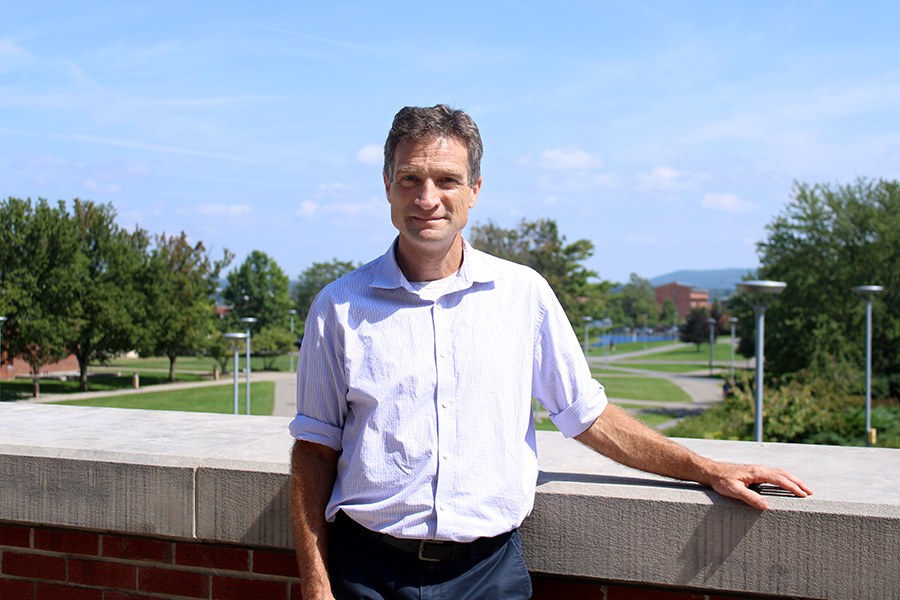Editor’s Note: This is a guest commentary. The opinions do not necessarily reflect the views of the editorial board.
Back in the 2018–19 academic year, I served on the Investment in People, Place, Planet working group during the Ithaca Forever strategic planning process. I was then on the Climate Action Team in the fall of 2019. Throughout, I advocated consistently and forcefully for climate to be central to the final strategic plan. I argued that Ithaca College boost and sustain enrollment by pledging that every student who graduates from the college, no matter their major, would understand the contours of the climate crisis, be equipped with skills and habits that facilitate resilience and adaptation in the face of something that will only grow more consequential during their lifetimes and have the ability to be agents for addressing the crisis in whatever field they go into. What a way to distinguish ourselves as an institution! I spent a year as a fellow at the Center for Faculty Excellence doing the preliminary work to develop climate-focused teaching and learning strategies to share with colleagues across campus. The reality is that no matter what field one works in, the climate crisis is going to have an impact. Then this program was eliminated.
In the end, climate ended up being little more than a footnote in the final strategic plan: part B of Goal four: “Create an environmental sustainability mindset that recognizes the impact of climate change.” Since the unveiling of Ithaca Forever, the college has eliminated the sustainability coordinator position and terminated the employment of several faculty who were most committed to a climate-aware curriculum. As a result of the cuts and the sense of insecurity produced by the cuts and austerity measures the college undertook, the newly named Department of the Environment — the department best positioned to be a leader in this work — lost 40% of its faculty in 2022.
To her credit, then President Collado centered the climate crisis at convocation in 2019. Then Provost Cornish marched with more than 200 students to The Commons for the climate protest in September 2019. Since then, mostly silence. College leaders almost never mention the climate crisis anymore. There is no Center for Climate Justice, which once figured prominently in the strategic planning process.
Back in June, people in Ithaca (and much of the Northeast) received air quality alerts about the public health emergency produced by the fires in Canada. Slightly less severe incursions of smoke and particulate matter in the Midwestern and Northeastern United States happened most of the summer.
The climate crisis is not in the future. It is here. It will get worse. It will continue to affect the operations of the college. And it will be one of THE most challenging issues that our students face in their lifetimes. It is simply irresponsible not to be talking about this all the time — our students should be discussing this crisis, adapting to it, and addressing it in as many classes as possible. The college leadership should be acknowledging that this anxiety-producing reality is on the minds of students, faculty, and staff all the time. How can it not be when it has literally been in the air we are breathing?
Not centering the climate crisis in the strategic plan was a big mistake. Every other element of the strategic plan is impacted by the climate crisis. I remain astounded that the college leadership did not recognize the opportunity to build on two decades of work in sustainability and become a school of choice by virtue of climate-aware teaching and learning. It is not too late to change course.
Michael Smith (he/him) is a professor in the Department of History. Contact him at [email protected].









